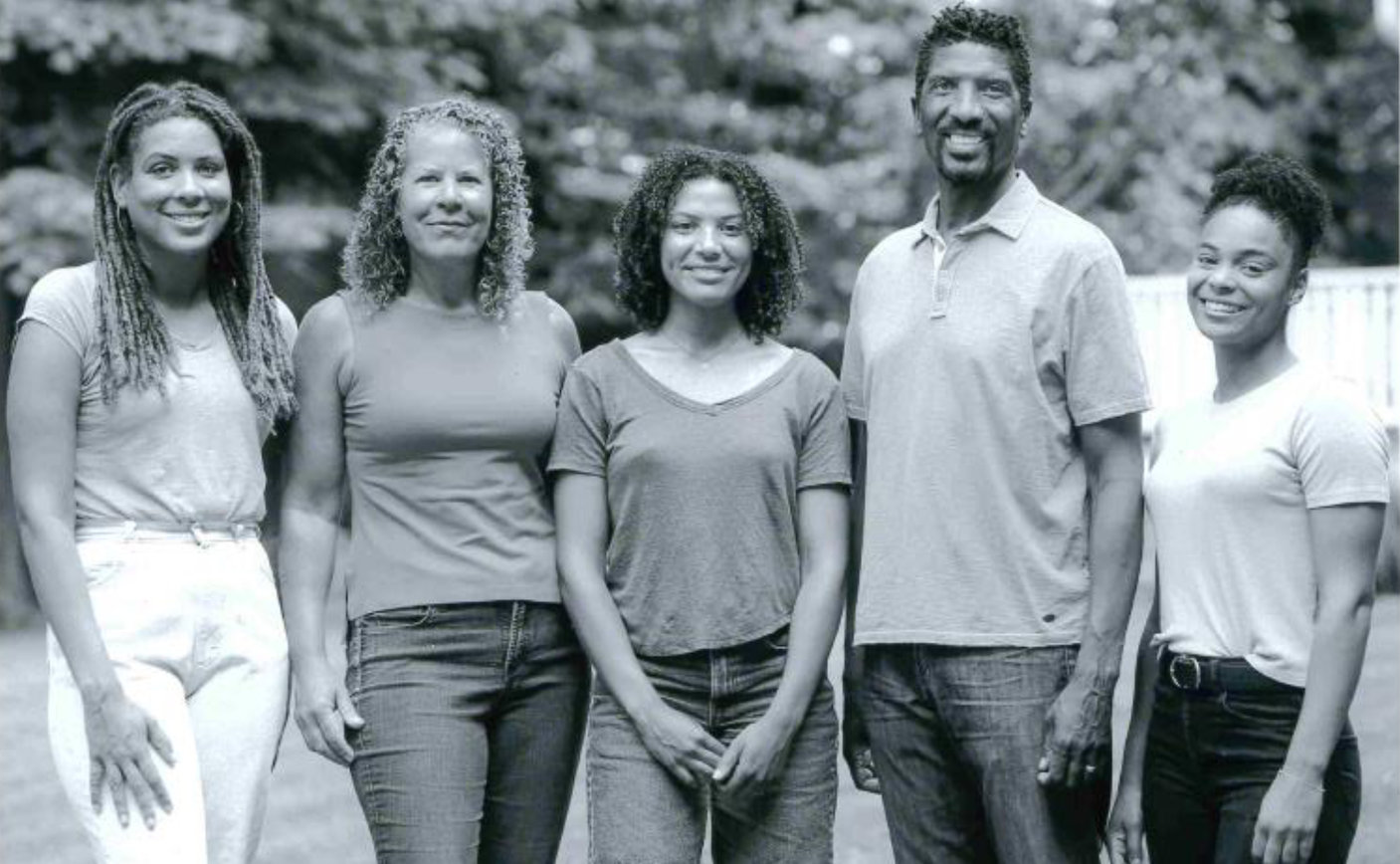I was born and raised on the predominantly African American east side of the river in Waterloo, Iowa. Most of my family members did not live to see old age.
I was in second grade when my grandparents died in their 50s. My father was 57 when he died, and my mother was in her 60s. Most of my uncles passed around the same age. The health disparities that existed then and still exist now in my community are painfully evident. I have lost too many people I love to very treatable cancers and preventable diseases.
My loved ones did not get screened for cancer. They did not have access to the preventive care that I do. Even though I’m now 55 and I should know better, for a long time I was on track to repeat my family’s health history. As a busy executive whose days are filled every single minute, I told myself that I couldn’t take the time for a colonoscopy. As the years passed, I kept making excuses.
Last year, I became chief commercial officer for Exact Sciences, a company that has been a pioneer in colorectal cancer research and prevention. During my first week with the company, our CEO Kevin Conroy spoke about the work our company is doing to catch cancer early, and the difference early detection makes in treatment outcomes and quality of life. That’s when it hit me: There was no excuse for me to avoid taking charge of my own health. I had to get screened for colorectal cancer.
My three daughters are now young adults, and my youngest was just a newborn when my father passed away. He missed so much of their lives. I want my daughters to see me as an old man playing with my grandkids. I want to have the experiences that my own parents and grandparents missed out on.
Once I made the decision to get screened, I took my wife along with me. She is 54 and a busy physician who had also put off getting a colonoscopy. Because of our schedules, we both decided to do a home screening with Cologuard, a noninvasive stool test. I cannot stress this enough: It couldn’t have been easier. You do it from home, and it comes with a returnable box that you leave on your doorstep for UPS to pick up.
Less than two weeks later, my wife and I were in our living room when we received our Cologuard results by email. My test came back negative. I breathed a sigh of relief and vowed to do another home screening in three years. But then my wife opened her results. Her test was positive.
She quickly connected with her doctor to schedule a follow-up colonoscopy (which is the recommendation for anyone who receives a positive Cologuard result), where they discovered a precancerous mass in her colon that had already grown to 4 centimeters in size. These masses, known as precancerous adenomas, may become cancer over time, and are surgically removed to prevent the disease from ever happening. If I was a believer in Cologuard before this, that’s when I became an evangelist.
I’m sharing my family’s story because there are more than 44 million people who are eligible to be screened for colon cancer but have not done so. March is Colorectal Cancer Awareness Month, so there is no better time to talk to your doctor about getting screened. Considering where I grew up, I know that expecting everyone has a doctor they know and trust to call is not a given. Most of my relatives don’t have a primary care physician — they call my wife when they feel sick. Doctors can be intimidating to Black people, so their “doctor” often ends up being the emergency room.
One of the positive trends to emerge from the pandemic is a growing acceptance and reach of telemedicine, which can make it easier for people to consult with a doctor and get access to potentially life-saving screenings without having to visit a doctor's office. I have cousins in Waterloo who work hourly jobs and can’t afford to take two days off for a colonoscopy. That’s why we’re working to expand access to and awareness of Cologuard for more people.
Colorectal cancer does not have to be a death sentence — catching it in a precancerous stage or early stage is completely different from catching it in stage four. You might feel healthy and look healthy, but that does not mean you can afford to put off screening. My wife is the pinnacle of health — she runs every day and is healthier than she was when we met in college 37 years ago, yet her test was positive. You can take control of your future by getting screened. There’s too much to miss out on.









